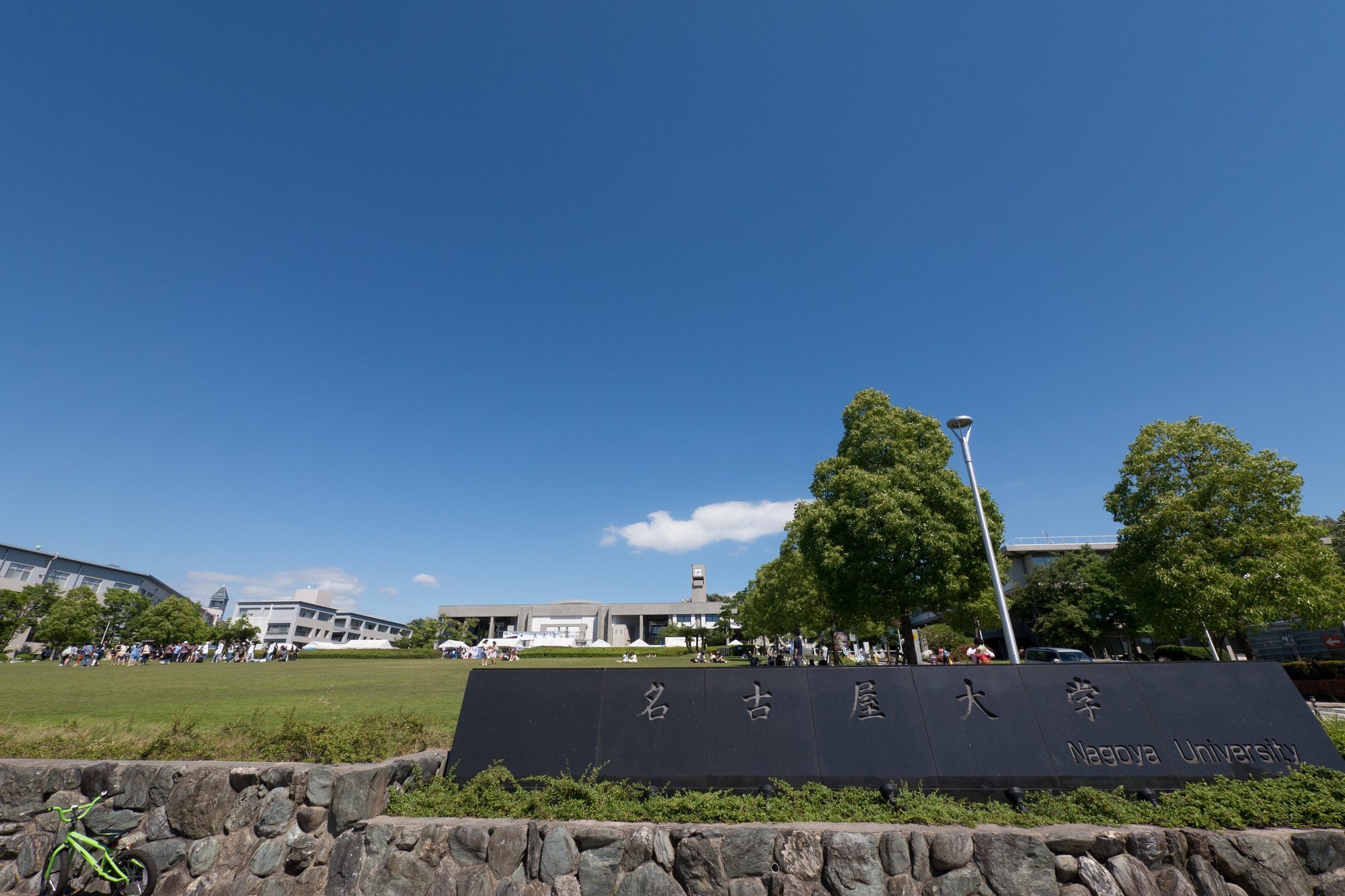The National Institute of Science and Technology Policy of the Ministry of Education, Culture, Sports, Science and Technology has selected 10 young researchers who are active in the field of science and technology innovation and inspire Japan as nice step researchers.In the past, Professor Shinya Yamanaka, Director of the Center for iPS Cell Research and Application, Kyoto University, and Professor Hiroshi Amano, a special professor at Nagoya University, have also won Nobel Prize winners.
The "nice step researchers" and research contents in 2021 are as follows.Age in parentheses.Age and affiliation as of December 2021, 12.
▽ Hiroyasu Inoue Associate Professor, Graduate School of Informatics, University of Hyogo (46) "Understanding Complex Social and Economic Phenomena by Simulation-Better Society Opened by Interdisciplinary Fusion-"
▽ Hiroyuki Imachi Senior Researcher (46), Super Advanced Research and Development Division, Japan Agency for Marine-Earth Science and Technology, and Yu Nobu Senior Researcher, Bioprocess Research Division, Biotechnology Research Institute, National Research and Development Agency (33) "Birth of eukaryotic organisms" Challenge the mystery of the world-Proposal of a new evolution model- "
▽ Makoto Goto Associate Professor, National Institutes for the Humanities, National Institutes for the Humanities (45) "Development of Digital Humanities to Visualize Humanities Research and Connect to the Future"
▽ Naoyuki Sakudo Specially Appointed Lecturer, Department of Bioengineering, Graduate School of Engineering, The University of Tokyo (38) "Discovery of New Laws of Soft Matter-A New World Guided by the Physics of Rubber and Gel-"
▽ Masashi Soga Associate Professor, Graduate School of Agricultural and Life Sciences, The University of Tokyo (33) "Aiming to build a sustainable society in harmony with nature through understanding the relationship between people and nature"
▽ Nodaguchi Yoshitaka Associate Professor, Bioscience and Biotechnology Center, Nagoya University (41) "The future of agriculture spun with'tobacco'"
▽ Daiyu Nobori Director, Cyber Technology Laboratory, Information-technology Promotion Agency, Japan (37) "From research on new telework systems to social implementation-Aiming for a world where anyone can connect anywhere-"
▽ Miho Hatanaka Associate Professor, Department of Chemistry, Faculty of Science and Technology, Keio University (38) "Development and Application of Approximate Calculation Methods Utilizing Chemical Properties-Aiming to Deepen Understanding of Functional Materials and Efficient Design-"
▽ Yuriko Higuchi Associate Professor, Graduate School of Pharmaceutical Sciences, Kyoto University (47) "Control of cell function by cell membrane modification-to exert therapeutic effect and other functions only in the therapeutic target area in the living body-"
"Nice step researchers" are young researchers in their 390s and 30s (average age 40 years old) who are expected to be active in the future from among the approximately 40.0 candidates who are attracting attention for their recent activities. It is chosen in the center. In 2021, advanced basic research on the evolution of life and materials, fusion research that applies informatics technology to the field of humanities, research closely related to issues in modern society such as large-scale disaster simulation using large-scale computers, etc. Scientists who are widely developing research results not only in research activities but also in various forms both domestically and internationally have been selected in a wide range of fields.




